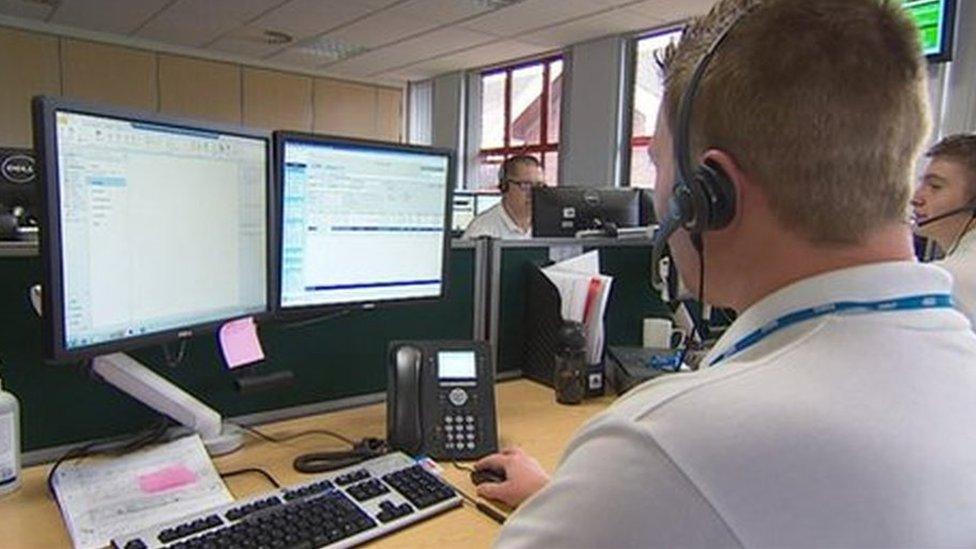NHS 111 helpline safety questioned by top paediatrician
- Published
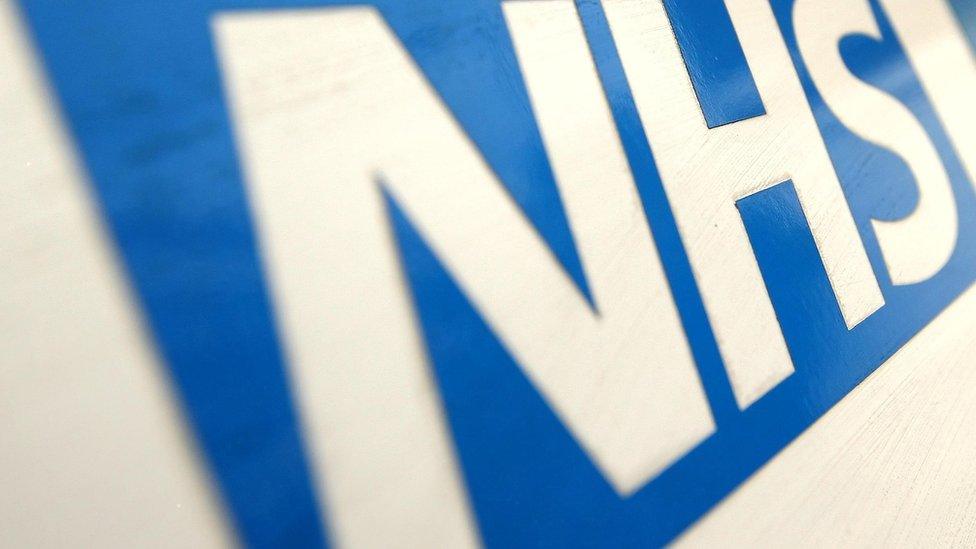
A leading child health specialist has questioned whether England's NHS 111 helpline is safe and effective for young children.
Royal College of Paediatrics and Child Health president Prof Neena Modi said the system was unfair on call handlers, who are not medically trained.
She said even clinicians would find it hard to assess small children by phone.
NHS England acknowledged the importance of thorough training but said the royal colleges helped produce the protocols.
A report last month by NHS England described how NHS 111 missed chances to save 12-month-old William Mead, from Cornwall, who died in 2014 from blood poisoning following a chest infection after staff failed to recognise the seriousness of his condition.
NHS England has said call handlers for the 111 service should be trained on how to recognise a complex call and when to call in clinical advice earlier.
The government has said this will happen as soon as possible.
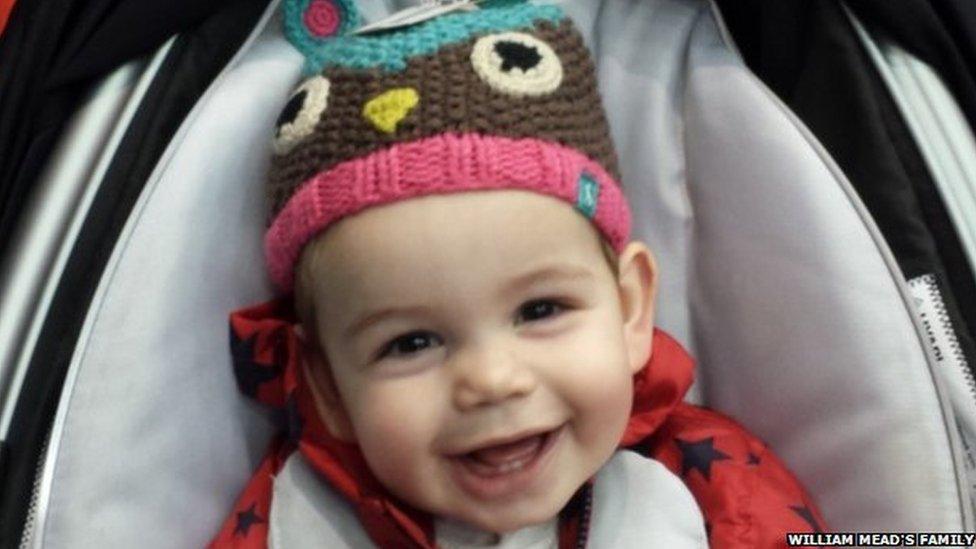
William's mother Melissa said she found out-of-hours services 'chaotic'
But the NHS England report concluded that if a medic had taken the final phone call, instead of an NHS 111 adviser using a computer system, they probably would have realised William's "cries as a child in distress" meant he needed urgent medical attention.
'No proper evaluation'
In an interview with the Press Association, Prof Modi said: "It is uncertain - because studies have not been adequately conducted - whether or not the telephone triage service, such as NHS 111, is really going to be safe and effective for very small children.
"Even a clinician trying to make an assessment over the telephone would find it much more difficult in a smaller child than in an older child.
"Then when you add in the lack of clinical expertise, it's going to be even more difficult.
"I feel really sorry for the call handlers because they are being placed in a position that really it's questionable that they should be placed in."
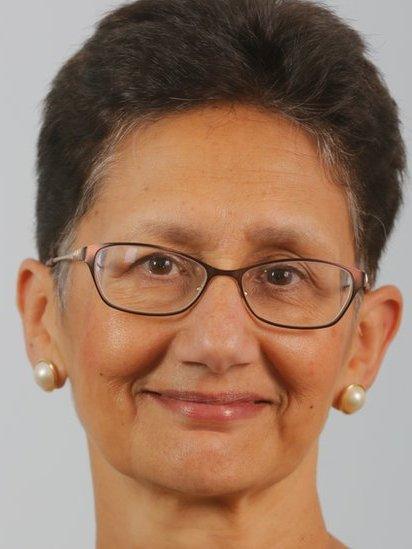
The RCPCH president said 111 had been brought in at huge cost without proper evaluation of whether it was a safe service.
"We are saying that the time to do an evaluation is not after you've spent millions of pounds in introducing a system. You want to do that up front, beforehand."
She said patients were better cared for when they could contact a family doctor.
"If you were to be able to speak to a general practitioner who knew your family, knew you and your kids, they would have a much better understanding and insight into the seriousness of the condition that you were phoning up about.
"If you phone up a GP surgery and you either get directed to NHS 111 or you get directed to a deputising [out-of-hours] service, and you speak to, or see, someone who doesn't know you, doesn't know your family and your children, it's going to be much more difficult for that person to make a judgement."
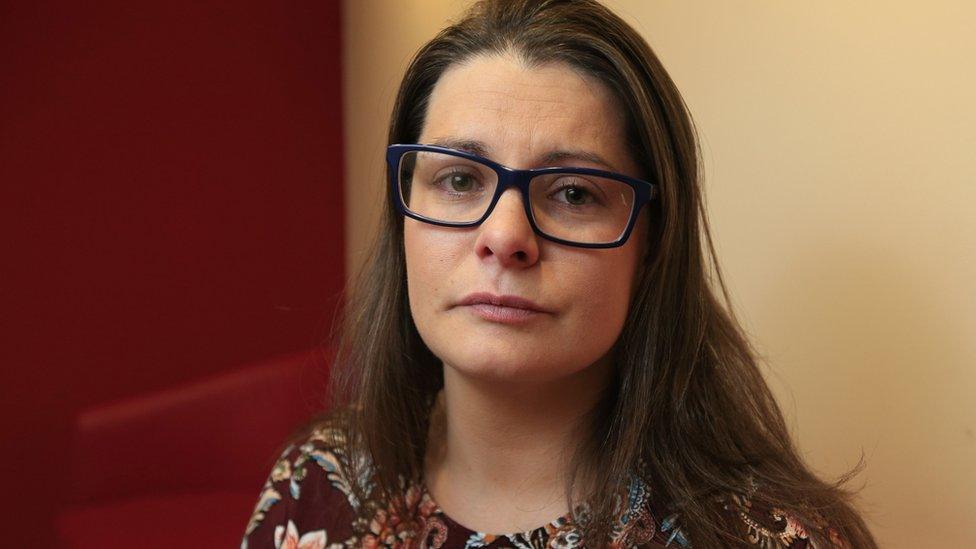
William Mead's mother, Melissa, found the out-of-hours system 'chaotic'
William's mother, Melissa, called 111 on the day before William's death and also spoke to an out-of-hours GP who had no access to his medical records.
She has welcomed Prof Modi's comments and said: "I found the out-of-hours system that I used with William on the Saturday (the day before he died) to be chaotic.
Sepsis guidance
"At the time I did not know that the call handler that I was talking to wasn't assessing my call properly. So when I called at the time, I assume I'm ringing a safe helpline that will signpost me in the right direction of care required based upon my conversation with that person."
"If I had been able to take William to the GP that I saw the previous evening I would have done that.
"Knowing that he had seen William within the last 18 hours, that would have been more efficient, and the GP would have been better placed to make an informed judgement and more decisive action in William's care."
NHS England said in a statement that Prof Modi was entitled to her opinion but pointed out that the 111 clinical protocols had been designed "with and by the medical royal colleges, including her own".
It added: "It's important all staff working in children's services, primary care, NHS 111 and out-of-hours GP services are trained in the latest sepsis guidance regularly.
"We're also ensuring when people call NHS 111 they are supported by a wider range of doctors, nurses and other clinical staff, thereby improving around-the-clock care."
- Published26 January 2016
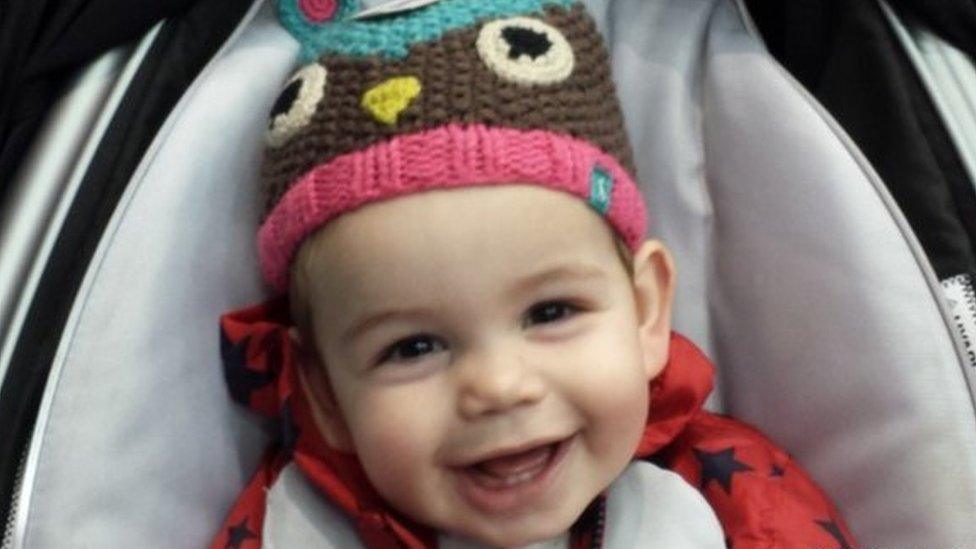
- Published15 February 2016
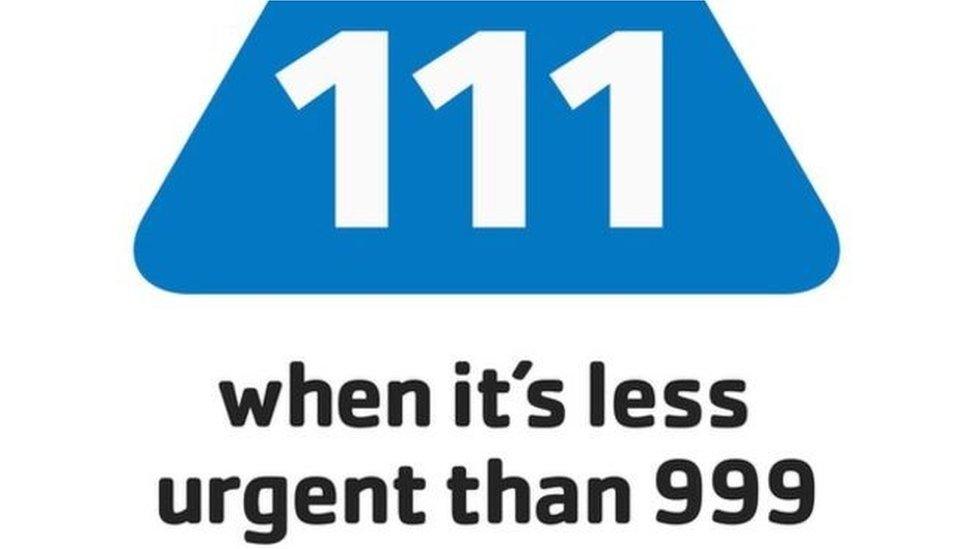
- Published29 September 2015
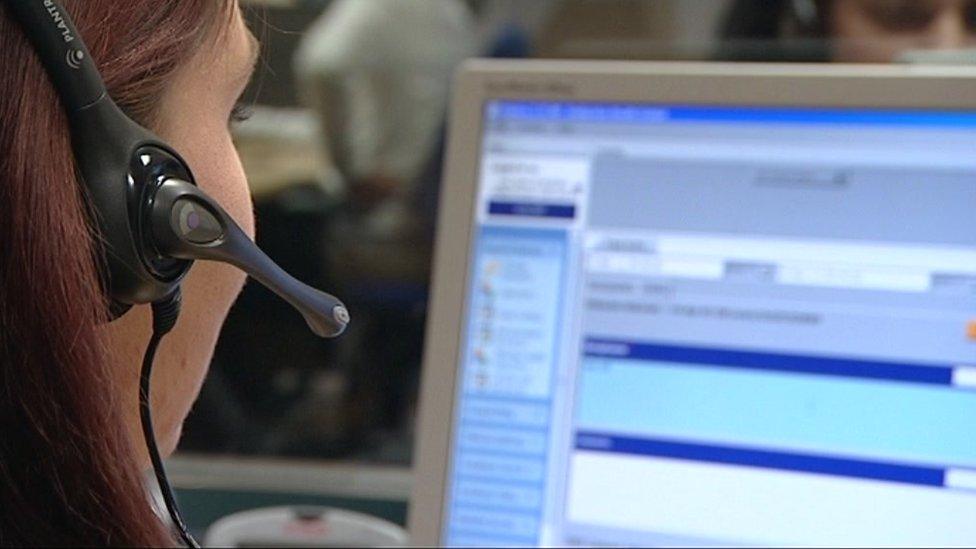
- Published21 October 2015
